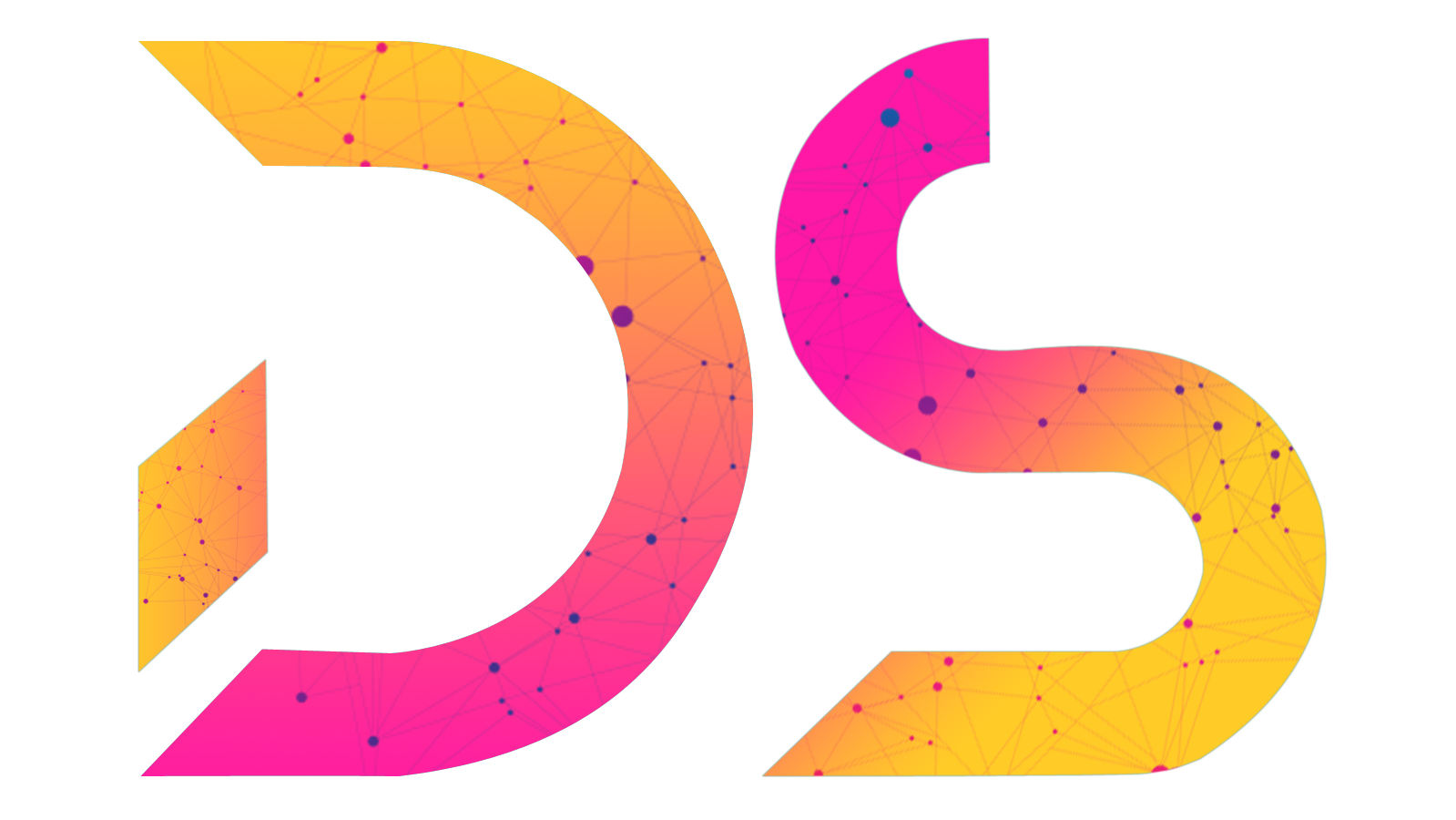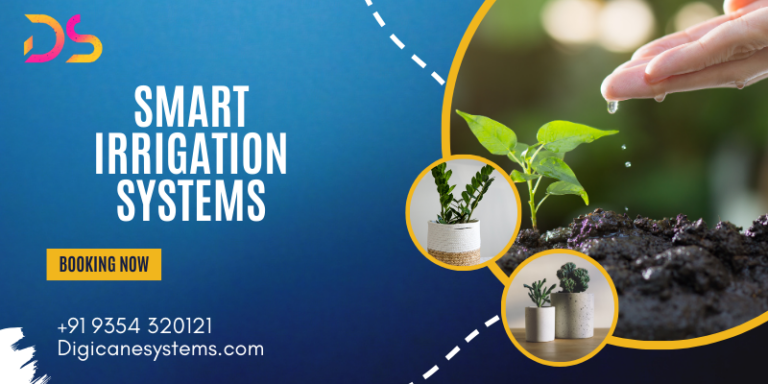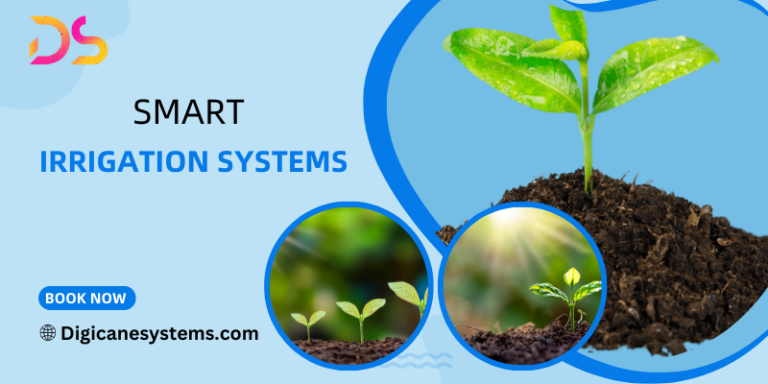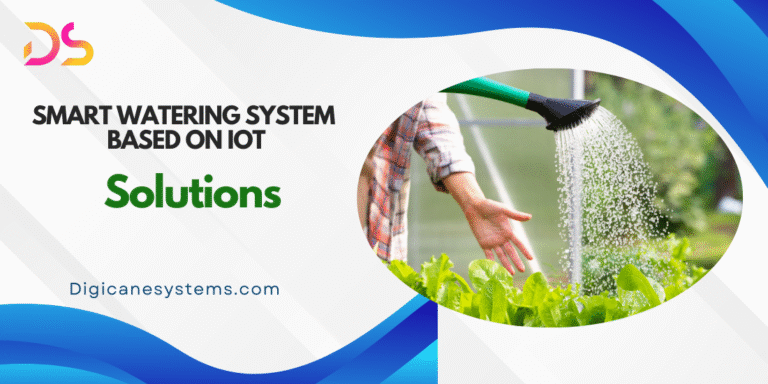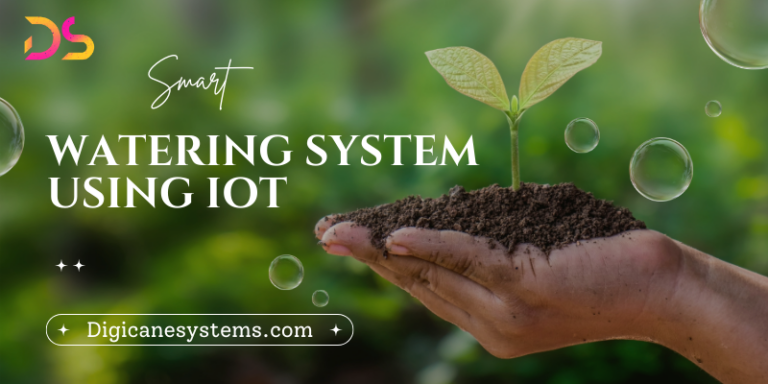Maximize the Benefits of a Smart Irrigation System: Save Water and Reduce Maintenance Costs
We will discuss the importance of a smart irrigation system, the potential benefits of upgrading irrigation technology, and how these upgrades can lead to significant water savings and reduced maintenance costs.
In an era where water conservation and sustainable development are becoming increasingly important, modernizing irrigation systems is essential to achieving these goals. A smart irrigation system plays a key role in maintaining lush landscapes, but outdated or inefficient systems can lead to unnecessary water loss and increased maintenance costs. In this article, we will discuss the importance of a smart irrigation system, the potential benefits of upgrading irrigation technology, and how these upgrades can lead to significant water savings and reduced maintenance costs.
The Need for a Smart Irrigation System
Traditional smart irrigation systems, characterized by fixed spray patterns and manual timers, need to be updated to become more efficient in the face of changing water conservation needs. These outdated systems often require greater precision, resulting in over-irrigation, uneven distribution, and increased maintenance requirements. With increasing global water scarcity and concerns about environmental sustainability, smart irrigation is more important than ever.

Outdated systems contribute significantly to water loss, a critical issue in regions experiencing drought and severe water restrictions. The lack of adaptability of these systems means they cannot dynamically respond to changing weather conditions or different soil types. As a result, landscapes suffer from under- or over-irrigation, compromising plant health and environmental integrity.
In light of these challenges, a smart irrigation system represents a practical and responsible solution. Modern technologies such as smart controllers and precision injectors provide a level of efficiency and adaptability that traditional systems cannot match. By recognizing the critical need for these improvements, property owners can proactively address water conservation issues while ensuring the sustainability of their landscapes.
Benefits of a Smart Irrigation System
Water Efficiency: Precision and Smart Technology
One of the key benefits of a smart irrigation system using IoT is improved water use efficiency. Modern irrigation technologies such as smart controllers and precision nozzles provide precise water distribution based on soil type, weather conditions and plant needs. Smart controllers can be programmed to automatically adjust watering schedules, optimizing water use and preventing overwatering.
Precision nozzles with an advanced spray pattern deliver water directly to targeted areas, minimizing waste from overspray or runoff. These improvements save water and help landscapers comply with local water regulations and restrictions.
Reduce Water Bills: Save Money
A smart irrigation system can lead to significant savings by reducing water bills. The increased efficiency and precision of modern systems ensures that landscapes receive just the right amount of water without excessive runoff, resulting in reduced water consumption. In the long run, this means significant financial savings for property owners and managers.
Additionally, some states offer incentives or rebates for installing water-efficient irrigation systems. Using these programs can further offset the initial cost of a smart irrigation system, making it a financially sound investment.
Improve Plant Health: Precision Irrigation
An outdated Smart Watering System using IoT often results in uneven watering, causing some areas of the landscape to receive too much or too little moisture. This imbalance can negatively impact plant health, making them vulnerable to disease and pests. Switching to precision irrigation systems ensures that every area of the landscape receives the right amount of water, promoting healthy growth.
